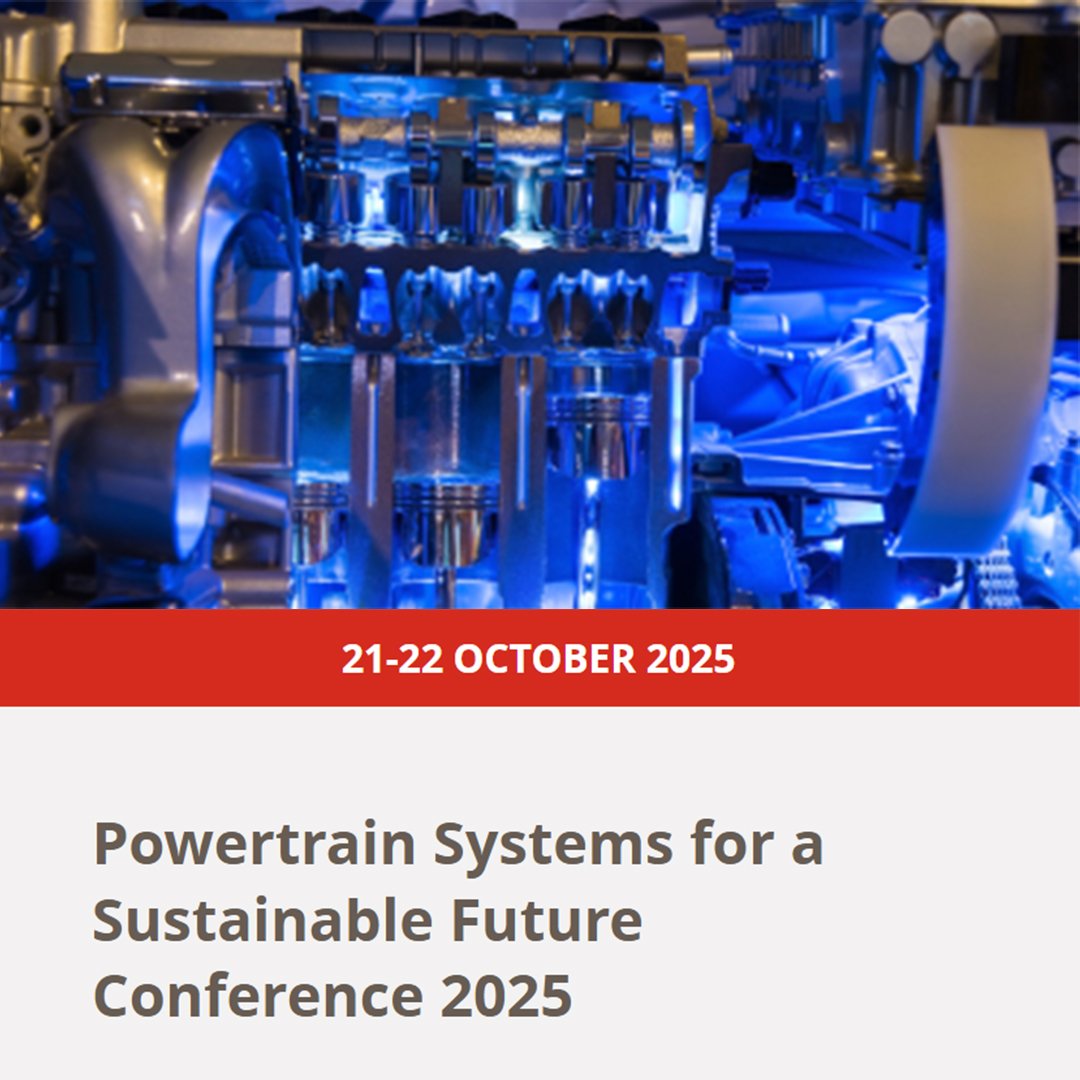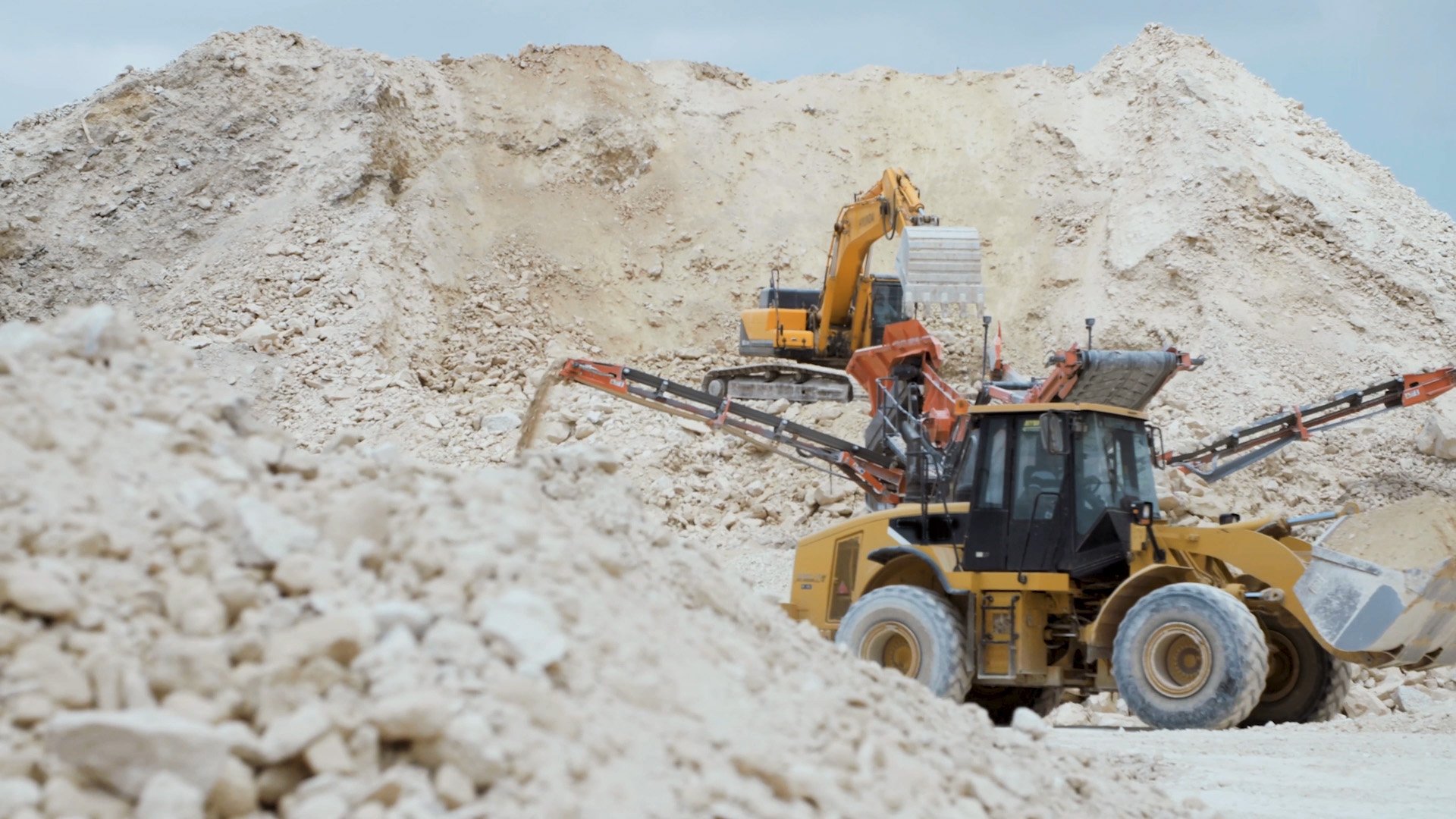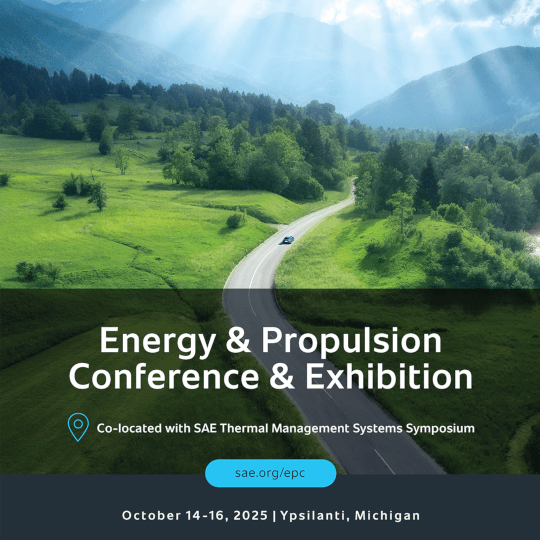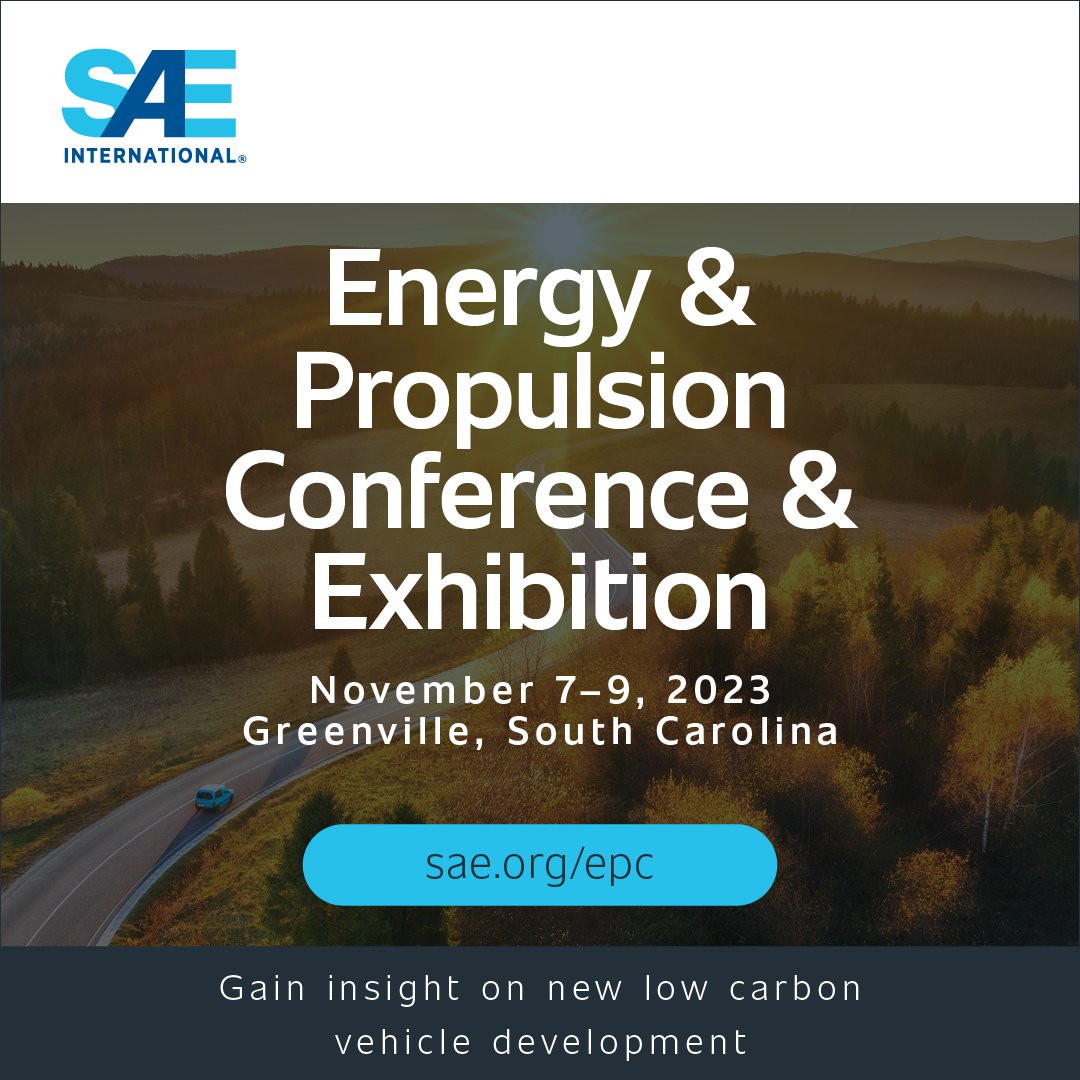
Off highway

Reducing off highway emissions and fuel consumption
Off highway covers all individually powered construction, agriculture and industrial equipment from excavators, forklifts and bulldozers through to tractors, compactors, harvesters, cranes and generators. In today's market with increasing emissions regulations aiming for a net zero future, the off highway industry is under pressure to reduce carbon emissions whilst still developing the global infrastructure demanded by growing economies around the world. Often operating in harsh environments with no access to fuel stations and charging points, manufacturers now need to balance the optimisation of existing engines with lower emissions and increased fuel economy as well as introduce new non-carbon technology.
The design challenge, using simulation, is to consider the available options for each application across full electric, hybrid, hydrogen fuel cells, ammonia and hydrogen combustion as well as e-fuel viability.
In the initial stages of development, physical prototype modelling is expensive, requiring virtual simulation tools to answer many of the 'What ifs'before committing to a design path. The propulsion system simulation is at the heart off highway design where, predicting performance across a range of applications will be essential to select the correct propulsion system for the correct application going forward.
At Realis Simulation we have extensive experience of using software to streamline the propulsion system design process – answering many of the ‘What ifs’ using computer simulation before Original Equipment Manufacturers (OEMs) and Tier 1 suppliers commit to expensive physical prototypes.
Our software analyses the full off highway equipment system design from fuel intake, power generation, power transfer and exhaust emissions reduction. It simulates energy losses from friction, oil consumption and thermal heat transfer as well as component durability across various drive cycles using traditional, non-carbon e-fuels, hybrid, electric, hydrogen fuel cells and hydrogen combustion power units.
Our insights


CFD and FE Toolset for Predicting Structural Temperatures in a Hydrogen Internal Combustion Engine
Technical Paper
Calculation of Thermal Boundary Conditions for Hydrogen Internal Combustion Engines
Technical Paper